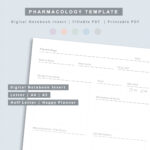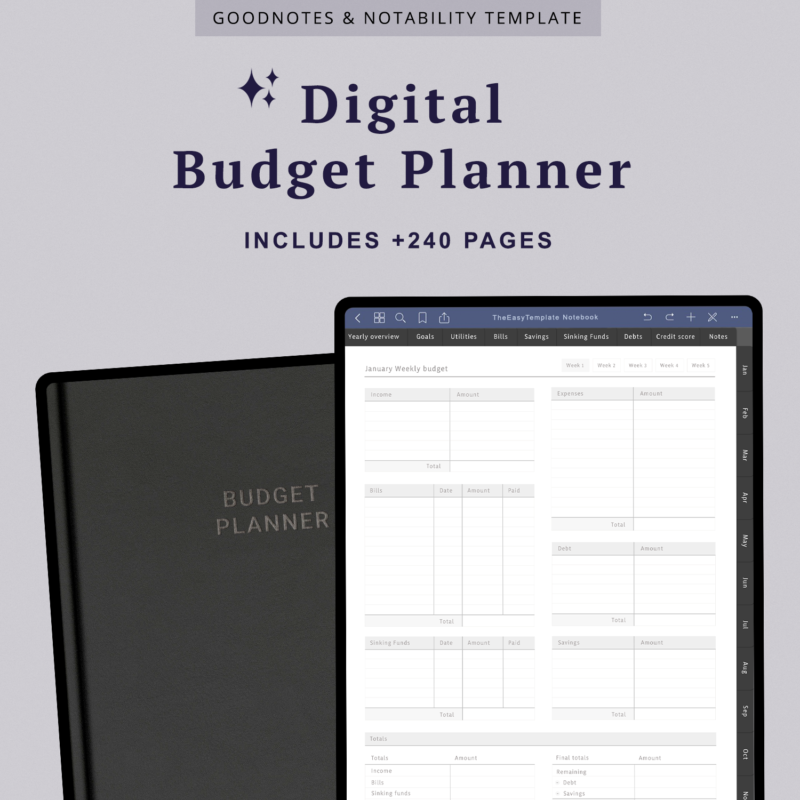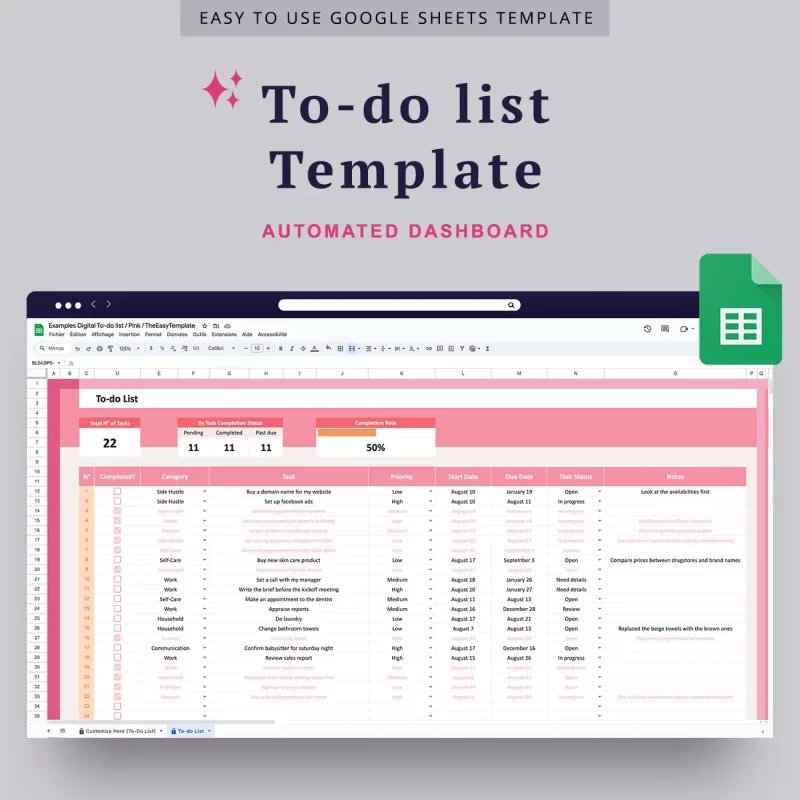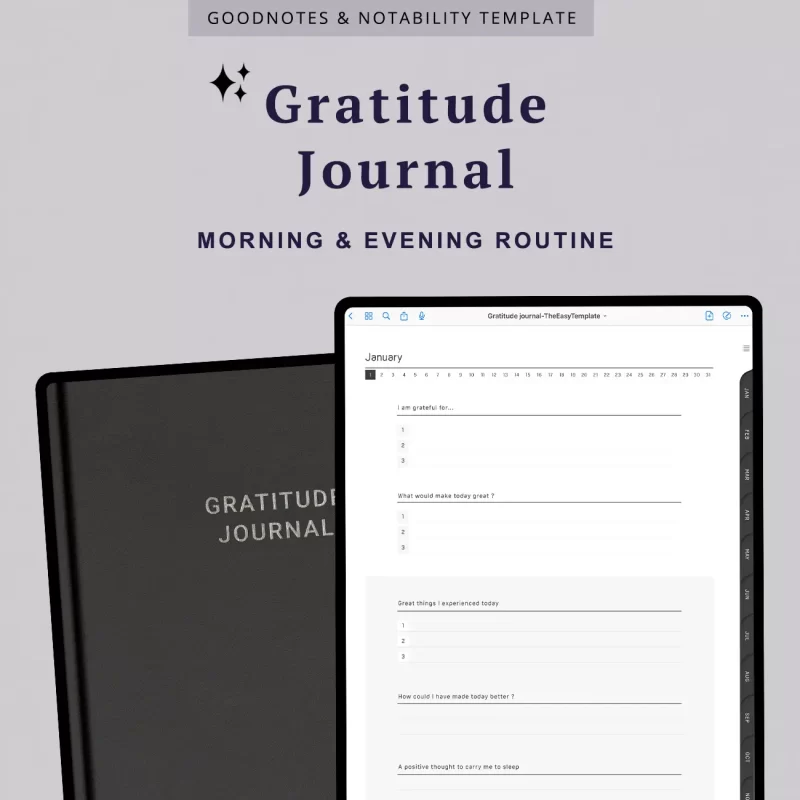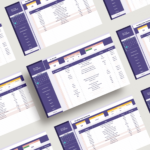Embarking on a Vegan Diet journey can be a transformative and fulfilling experience. By adopting a lifestyle that excludes the use of animals for food, clothing, and other purposes, you not only benefit your health but also contribute to animal welfare and environmental sustainability. In this comprehensive guide, we'll delve into what a vegan diet entails, explore its benefits and challenges, and provide practical tips to help you start your vegan journey on the right foot.
What is a Vegan Diet?
The vegan diet is a lifestyle that excludes the use of animals for food, clothing and any other purpose. Vegans do not eat meat, poultry or seafood; they also do not use animal products such as eggs, dairy products or honey. Many vegans also avoid using leather goods like shoes and belts made from leather.
The term "veganism" was coined in 1944 by Donald Watson who founded The Vegan Society in England with several friends after being inspired by Ahimsa (nonviolence) principles of Jainism to reject all forms of exploitation of animals for food or any other purpose -- including clothing!
What to Include in Your Vegan Diet
The vegan diet is a plant-based diet that excludes all animal products. A vegan can eat fruits, vegetables, grains and legumes (such as beans). They may also choose to include dairy substitutes such as soy or almond milk.
Common foods included in the vegan diet plan include whole grains, sweet potatoes and yams, beans, lentils, chickpeas, nuts and seeds, tofu and tempeh (and related food products), healthy oils, fresh fruits and vegetables. Almond milks is a popular choices for those who want an alternative to cow's milk when making their morning coffee or tea; soy milk is also available if you prefer it over almond-based beverages.
Who Benefits Most from This Diet?
The vegan diet is a healthy choice for everyone. It's particularly beneficial for people with diabetes, heart disease and other health conditions. If you are interested in learning more about the health benefits of a vegan diet, we recommend watching documentaries like What the Health or The Game Changers on Netflix.
We also recommend talking with your doctor or health professional before making any major changes to your diet plan since some nutrients (such as vitamin B12) must be consumed in supplemental form if they aren't available in animal products or fortified foods such as cereals or breads.
Pros and Cons of a Vegan Diet
Pros:
- A vegan diet offers health benefits and lowers the risk of chronic diseases.
- It aids in weight management and can contribute to maintaining a healthy weight.
- Choosing a vegan diet reduces environmental impact and promotes sustainability.
- Veganism aligns with ethical values by supporting animal welfare and reducing animal suffering.
- Embracing a vegan diet allows for culinary exploration and discovering a wide range of plant-based flavors and recipes.
Cons:
- Poorly planned vegan diets may lead to nutritional deficiencies in certain essential nutrients.
- Obtaining sufficient protein on a vegan diet can be challenging and requires careful meal planning.
- Finding convenient vegan options in restaurants or on-the-go can be difficult in some areas.
- Social pressures and limited accessibility to vegan products may present challenges.
- Without proper attention to balanced nutrition, there is a risk of potential imbalances or excessive intake of certain nutrients.
Getting Started on Your Vegan Journey
When you're getting started with your vegan diet, it's important to take the time to plan out your meals for each day. You can start by using a meal planner spreadsheet template, or use one of the many online tools that help build vegan meal plans. This will make sure you have all of your bases covered so that when hunger hits, there's something nutritious waiting for you at home!
Next, familiarize yourself with all of the sources of protein available as substitutes for animal products and make sure they're part of your daily meals. Some good choices include legumes such as lentils, chickpeas and kidney beans; nuts like cashews (which are also high in calcium), almonds and walnuts; seeds like chia seeds; soy products such as tofu or tempeh--and even quinoa!
Once again: don't get discouraged if something doesn't turn out well right away--it takes time for our taste buds to adjust their expectations after years of eating very differently than usual!



Google Sheets Templates
Share this post
Related
Posts
Exploring Vegetarian Diets: A Guide to Different Types and Choices
There are various types of vegetarian diets that may allow for some flexibility in the consumption of animal-derived products. Let's...








